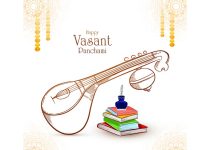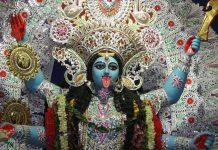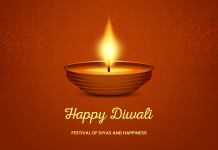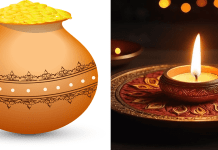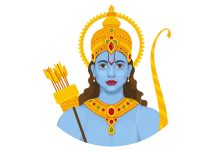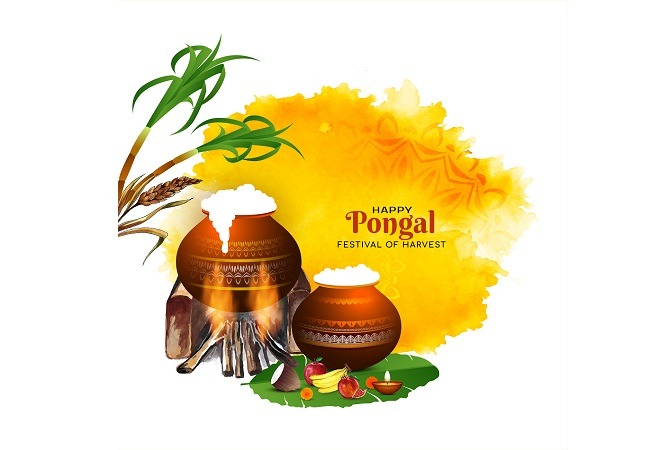
Pongal, the vibrant and joyous harvest festival, is a celebration deeply rooted in the cultural tapestry of South India. With its origins tracing back centuries, Pongal not only marks the bountiful harvest but also symbolizes gratitude, togetherness, and the spirit of renewal. Let’s delve into the heartwarming traditions, the cultural significance, and the culinary delights that make Pongal a truly unique and cherished festival.
Cultural Significance:
Pongal is more than just a festival; it’s a cultural extravaganza that reflects the agricultural way of life. Celebrated in Tamil Nadu, Andhra Pradesh, Telangana, and Karnataka, the festival typically spans four days, with each day holding its own special significance. The festivities kick off with Bhogi Pongal, where old belongings are discarded, symbolizing the discarding of the old to welcome the new. Thai Pongal, the main day, involves cooking the traditional dish ‘Pongal,’ a special rice dish prepared with newly harvested rice, milk, jaggery, and ghee, in a symbolic gesture of offering thanks to the Sun God for a prosperous harvest.
Traditions and Celebrations:
The vibrant celebrations of Pongal bring communities together. Colorful kolams (rangoli) adorn the entrances of homes, and traditional music and dance performances add to the festive atmosphere. One of the highlights is the ‘Mattu Pongal,’ dedicated to honoring cattle for their role in agriculture. Farmers decorate their cattle, perform rituals, and express their gratitude for the invaluable assistance provided in the fields.
Culinary Delights:
Pongal is synonymous with delicious culinary treats that tantalize the taste buds. The star of the festival is the eponymous dish, Pongal, a creamy concoction of rice, lentils, milk, jaggery, and ghee. Another savory delight is ‘Sakkarai Pongal,’ a sweetened version that indulges the sweet tooth. Families come together to prepare these dishes, sharing not just recipes but also stories, laughter, and the joy of cooking with loved ones.
Modern Twists:
While Pongal remains deeply rooted in tradition, modern celebrations often include innovative twists. Urban dwellers may celebrate with community events, cultural programs, and even Pongal cooking contests. Social media platforms buzz with Pongal wishes, recipes, and vibrant snapshots of traditional and contemporary celebrations, bridging the gap between the past and the present.
Conclusion:
Pongal is more than a festival; it’s a journey into the heart of South Indian culture, where tradition and modernity coalesce. It’s a time for gratitude, reflection, and a gastronomic adventure that tantalizes the taste buds. As families gather, pots bubble, and festivities echo through the air, Pongal stands as a testament to the enduring spirit of community, agriculture, and the rich cultural heritage that continues to thrive with each passing year.



























